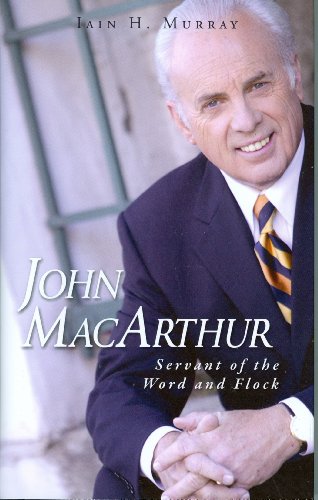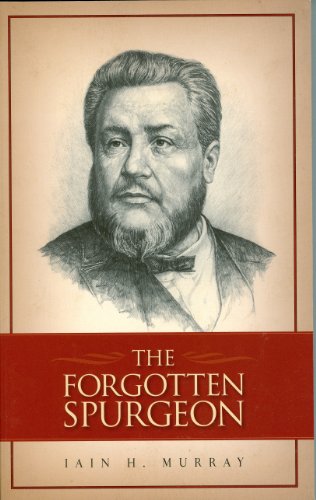
Quotes by Iain Murray
To tell men the worst about themselves is not to hinder conversion. On the contrary, the real impediment to conversion is the absence of conviction of sin. The preacher’s first duty is to address that fact by awakening the conscience to the meaning of sin, and to sin understood not simply as wrong action requiring forgiveness, but as an evil principle governing man’s very heart. A sinner’s knowledge of his own inability is therefore part of the knowledge which leads him to recognize that what he needs is a new nature.
We believe that the Scriptures distinguish between a general work of conviction by the Spirit – such as may make an Esau weep and a Felix tremble – and the special, life-conferring call, given by the grace of a sovereign God to those whom He has chosen. Only those who are predestinated receive this call and it is clearly stated not to follow justifying faith but to precede it (Rom. 8:30; Acts 13:48, etc.) and to secure the consent of those to whom it is given (John 6:36, 37; Eph. 2:1-8). It is those who are born again who “see the kingdom of God” and thus believe the gospel.
The Invitation System, By Permission of the Banner of Truth Trust, Carlisle PA. 1967, p. 24.
Whosoever shall confess me before men…(Matthew 10:32). The point to be settled over this verse is straightforward: Is Christ here saying that by an act of confession we become Christians or is He teaching that one indispensable mark of those who are Christians is that they live a life which openly acknowledges Him? Is not the modern evangelistic call to confess Christ by coming to the front, in order to receive Him by faith, a reversal of the New Testament order? To confess Christ is the spiritual duty of a Christian. It is no part of the gospel to say that compliance with certain outward duties will help us to become Christians. Yet the whole invitation system inevitably gives the impression that “confessing Christ” by moving forward is in order to conversion.
The Invitation System, By Permission of the Banner of Truth Trust, Carlisle PA. 1967, p. 8.
Baptism and coming to the front are two essentially different things. One is an act which confirms the promises of salvation to believers, the other is a device intended to help men become believers. One bears witness to salvation, the other is represented as actually accomplishing something towards our salvation. One is an action commanded by Christ, the other is not.
The Invitation System, By Permission of the Banner of Truth Trust, Carlisle PA. 1967, p. 10.
The invitation system harmonizes with certain features in our psychological make-up leaves it open to serious objections. These critics argue that the way conversions are produced under this system by a pressure on the will is little different from the way in which “conversions” which make no claim to be Christian at all often take place. The “conditioning” of a large crowd of people in a controlled environment, with methods of persuasive suggestion leading to a demand for a public response – an emotional release – is psychologically certain, they say, to provide results regardless of whether the crowd meets in the name of religion, entertainment or politics.
The Invitation System, By Permission of the Banner of Truth Trust, Carlisle PA. 1967, p. 13.
We are not for a moment asserting that no one is converted where the invitation system is employed, only that the system has, in reality, no connection with rebirth. Some are converted in spite of it, and not because of it.
The Invitation System, By Permission of the Banner of Truth Trust, Carlisle PA. 1967, p. 24.
Worldliness in the church is the number one enemy, and that comes in when we have unspiritual people, and we have unspiritual people too often because they are nominal Christians. They have the language, they have the outward, but they don’t have the power. So, Paul’s words: “The kingdom of God is not in word but in power.” That whole school of Edwards and Alexander and so on — they believed in the power of religion. You know, men candidating for the ministry, and the minister saying, “Can he pray down the Holy Spirit?” Imagine that question today. Can a man pray down the Holy Spirit? It’s not perhaps exactly the sentence we would say is completely correct, but you know what they meant… When those men prayed, the Holy Spirit did come down.
[Worldliness is] the mindset of the unregenerate.
To deny the special love of God, and to believe that Christ loves all men equally, is to suppose that Christ has done no more for those the Father has given to Him than for mankind at large. But if Christians are no more loved than those who will finally be lost, the decisive factor in salvation becomes, not God’s grace and love, but something in them, and their perseverance becomes dependent upon themselves.
The Old Evangelicalism: Old Truths for a New Awakening, 2005, p. 119. By permission Banner of Truth, Carlisle, PA.



